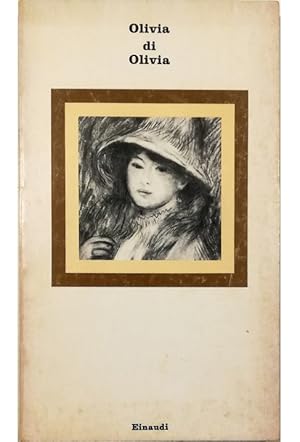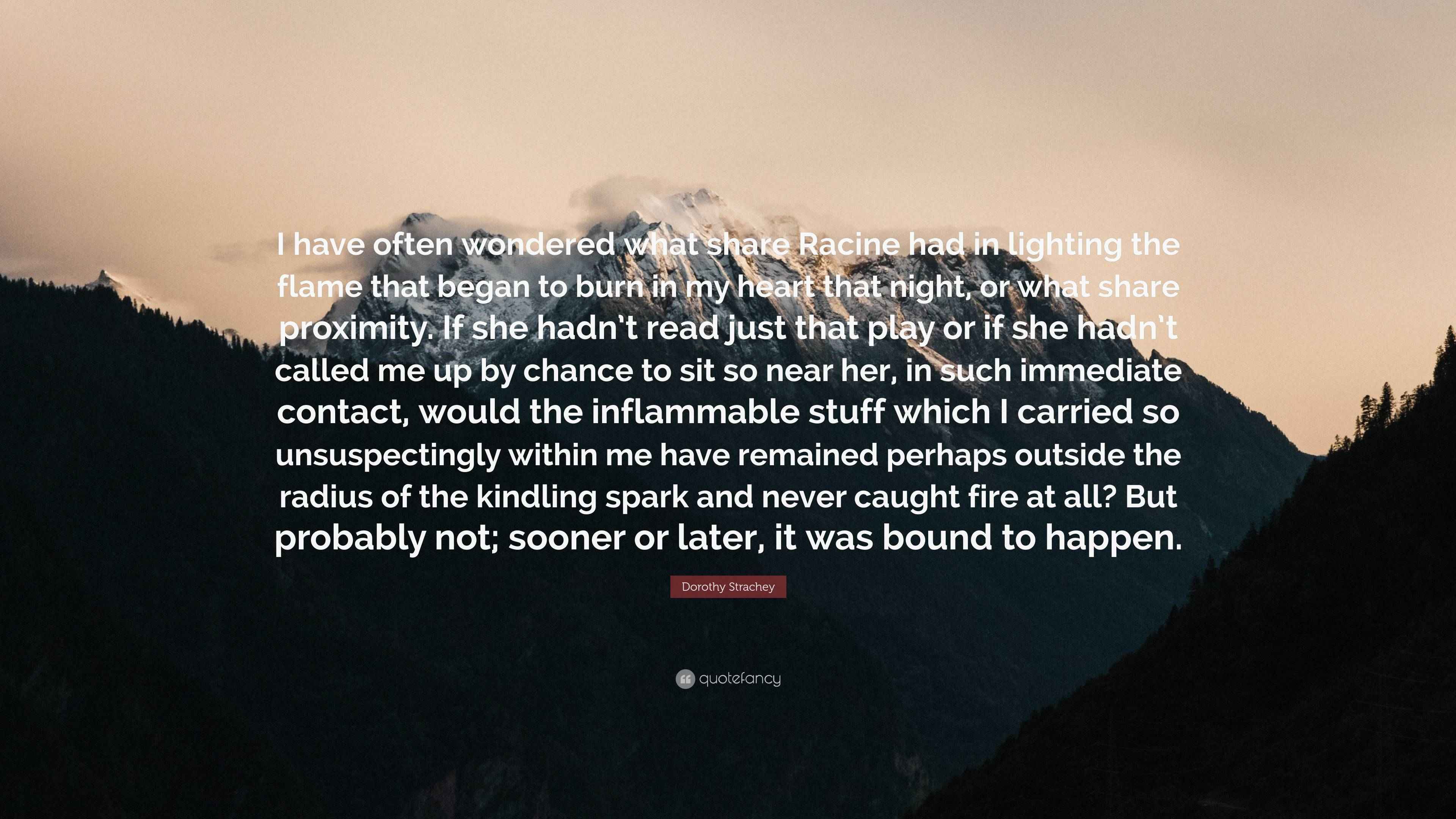

“If those lines sound melodramatic, or ultra-passionate’, that is because first love is generally thus, or particularly unrequited one awaken in a pure and innocent heart. Her writing is the natural explosion of accumulated fuel exposed toįlame, an eruption from one who ‘at home ever alluded to feelings or ever She writes in the mind of Olivia, a young woman, more a girl, fired byįirst love. The over-flowing of feeling is a conscious choice for thematic

That, Strachey’s writing feels sincere, and not the product of stylisticĮxtremes. Writes of a time a whole world ago, of a self she has long since passed. She says ‘those Victorian days’ (66) she means 1870s.

Her in her 40s at most, extending her faculties back only a few decades. I learnt how old she was when writing this. I saw a writer whose style lacked justification. Not because I thought the writing poor, but

On my first reading I held this against Strachey, her As they grow closer, their relationship is threatened by jealousy and rivalry, and the school year seems destined to end in tragedy.If those lines sound melodramatic, or ultra-passionate, But Mademoiselle Julie’s life is not as straightforward as Olivia imagines. Soon after her arrival, she finds herself falling under the spell of her beautiful and charismatic teacher, Mademoiselle Julie, who introduces her to art, literature, and fine cuisine. It tells the story of Olivia, a sixteen-year-old girl who is sent from England to a Parisian finishing school to broaden her education. Olivia, first published in 1949 and loosely based on the author’s life, is a groundbreaking, passionate, and subtle story of first love. He will be in conversation with writer Stacy D’Erasmo ( Wonderland, The Art of Intimacy) to discuss the novel’s impact. Donate $10 to Help Support Our ProgrammingĬritically acclaimed author André Aciman credits Dorothy Strachey’s Olivia, reissued by Penguin Classics this June with an introduction by Aciman himself, as inspiration for his Call Me By Your Name.


 0 kommentar(er)
0 kommentar(er)
